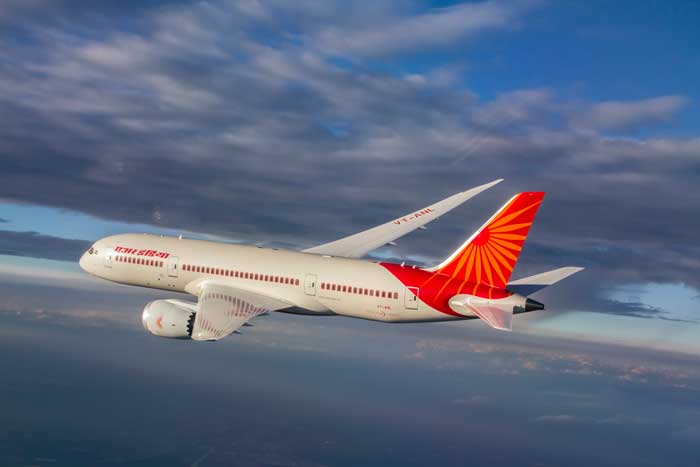As part of its wider operational overhaul, Air India has introduced new flight optimisation tools expected to save 11,100 tonnes of fuel annually and cut carbon emissions by 35,000 tonnes, marking a decisive step in its push for cleaner, more efficient aviation.
The Air India group has deployed two advanced flight optimisation tools—SITA OptiFlight’s climb module and SITA eWAS—across its Airbus A320 and Boeing 737 fleets. The rollout covers both domestic and international routes operated by Air India and Air India Express, with deployment on the widebody fleet planned in subsequent phases.
The initiative is part of the airline’s broader operational modernisation strategy and is expected to deliver annual fuel savings of approximately 11,100 tonnes, alongside a reduction of 35,000 tonnes in carbon emissions. These tools are designed to support real-time decision-making and improve flight efficiency without compromising safety.
SITA OptiFlight uses historical flight data, aircraft-specific performance models and four-dimensional weather forecasts to optimise key phases of flight. One of its modules, OptiClimb, generates tailored climb-out schedules for individual aircraft, helping reduce fuel burn during one of the most energy-intensive segments of flight. SITA eWAS complements this by providing pilots with real-time weather updates and predictive forecasts, enabling smarter route adjustments and turbulence avoidance.
“As the aviation industry navigates growing regulatory and environmental pressure, the need for intelligent, predictive solutions has never been more critical,” said Sumesh Patel, President, Asia Pacific, SITA.
“Sustainability and efficiency are core to our transformation into a world-class airline. With SITA OptiFlight climb module and SITA eWAS, we are taking meaningful steps to modernize our operations and reduce our carbon footprint,” Basil Kwauk, Chief Operations Officer, Air India, added.
In other words, it is not just about upgrading equipment, but also about making the airline more efficient, data-driven, and environmentally responsible.
The initiative forms part of Air India’s broader push to align with emerging global norms on reducing carbon dioxide emissions in aviation. In August, the airline signed a memorandum of understanding with state-owned Indian Oil Corporation Ltd (IOCL) for the supply of sustainable aviation fuel (SAF).


